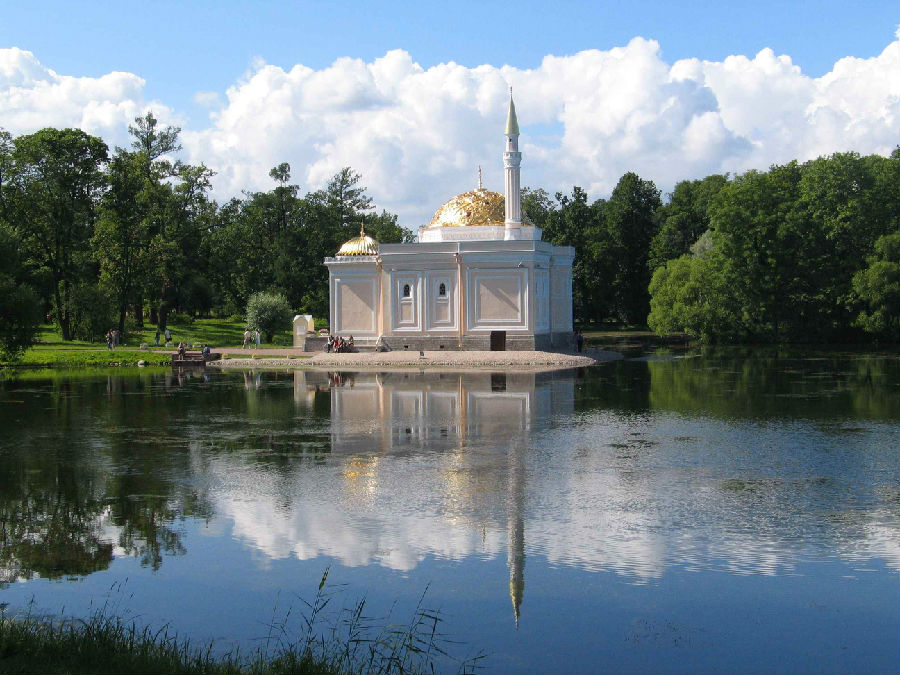Segment 17a: Muscovy Becomes Russia
17节A:莫斯科大公国成为俄罗斯帝国
In this lecture, the Rus culture rises from its wreckage, first in Vladimir's Suzdal
本次课讲俄罗斯文化是在一片残骸中兴起的,起初在弗拉基米尔大公国的苏兹达尔
and then in an unimportant, insignificant trading post on the remote Moscow River.
然后在莫斯科河上一个无足轻重的贸易港
The trading post and its small wooden fort Kremlin were so insignificant that Prince Alexander Nevsky bequeathed it to his youngest son.
这个贸易港连同那里的一座小小的木头城堡,克里姆林都太不重要了,所以亚历山大·涅夫斯基大公把它送给了最小的儿子
Somehow this obscure trading post managed to become the grand principate of Moscow.
不管怎样,这个名不见经传的贸易港最后成为莫斯科最重要的元首象征
The last grand prince of Moscow was also the first Tsar of Russia, Ivan the Fourth, better known as Ivan the Terrible.
最后一位莫斯科大公也是俄罗斯第一个沙皇伊凡四世被人们熟知的是伊凡雷帝

In Segment 17b: Gathering the Lands,
17节B:征集土地
We trace the unique relationship between the Grand Princes of Moscow,
我们一起回头看莫斯科大公之间独特的关系
beginning with Ivan the First, better known as Ivan "Money Bags" and the Mongol Golden Hoard.
起源于伊凡一世被人们称为钱袋伊凡,以及蒙古金帐汗军
The Grand Prince's tactics were not particularly moral, but they worked.
大公的策略并不光明正大但是却有效
By hook or by crook or by both, the Muscovites gathered the lands which eventually formed the Russian heartland.
利用欺骗手段,莫斯科大公国人征集了大量土地,这些土地最后形成了俄罗斯的核心地区
We will also see how under Ivan the Great the Muscovite state began to think of itself as the Third Rome and heir to the legacy of the Byzantine Empire.
我们知道在伊凡大帝统治下莫斯科大公国开始认为自己是第三个罗马,继承了拜占庭帝国的传统
Segment 17c: Ivan the Terrible
17节C伊:凡雷帝
Introduces us to Russia's first Tsar and one of history's most fascinating psychopaths.
介绍了俄国第一位沙皇历史上最有意思的精神变态者












